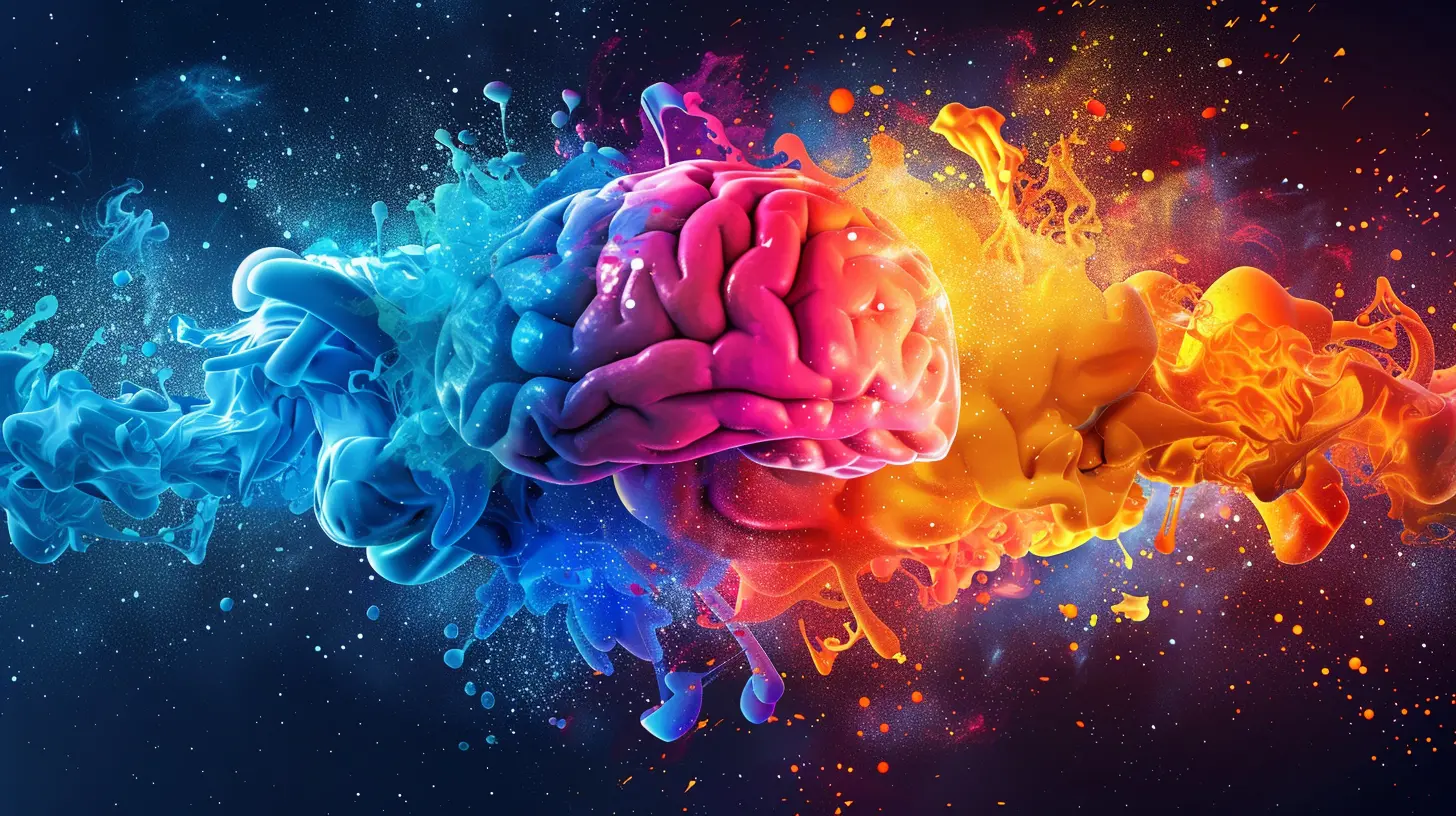The Role of Emotional Intelligence in Learning
23 May 2025
Introduction
Ever wondered why some students excel despite facing challenges, while others struggle even with the best resources? The secret sauce might not be IQ alone—it’s Emotional Intelligence (EI). If traditional learning is the brain’s fuel, then EI is the oil that keeps the engine running smoothly.
We tend to think of learning as just textbooks, lectures, and exams. But the reality? It’s deeply intertwined with our emotions. From dealing with failure to collaborating in group projects, emotional intelligence plays a crucial role in shaping not just academic success but lifelong learning. So, let’s dive into how EI impacts learning and why it’s a game-changer! 
What is Emotional Intelligence (EI)?
Before we get ahead of ourselves, let’s break it down. Emotional Intelligence, often abbreviated as EI or EQ (Emotional Quotient), refers to the ability to:- Recognize, understand, and manage your own emotions
- Recognize and influence the emotions of others
Psychologist Daniel Goleman popularized the concept, dividing EI into five core components:
1. Self-Awareness – Knowing your emotions and how they affect your thoughts and behavior
2. Self-Regulation – Managing emotions, adapting to change, and staying in control
3. Motivation – Being driven to achieve beyond external rewards
4. Empathy – Understanding others' emotions and responding thoughtfully
5. Social Skills – Building and managing healthy relationships
Now, how does all this tie into learning? Let’s find out! 
How Emotional Intelligence Affects Learning
1. Emotions Influence Memory and Retention
Ever noticed how you can easily recall that embarrassing moment in fifth grade but struggle to remember yesterday’s lecture? That’s because emotions and memory are best buds. When we’re emotionally connected to something, it gets stored deeper in our memory.Studies show that students who manage stress and anxiety effectively tend to retain information better. High EI helps learners replace negative emotional triggers with positive associations, making studying more effective.
Pro Tip: Next time you’re struggling to remember something, try linking it to an emotion or personal experience!
2. Self-Regulation Helps in Overcoming Learning Challenges
Let’s be real—learning isn’t always a smooth ride. There are frustrating math problems, failed tests, and overwhelming projects. Emotionally intelligent students handle setbacks better because they regulate frustration and stay motivated instead of giving up.Think of learning like a video game. If you lose a level, do you quit? Nope! You adjust, change your strategy, and go again. That’s exactly how self-regulated learners approach challenges.
3. Motivation Fuels Lifelong Learning
Without motivation, learning feels like a chore. But guess what? People with high EI find internal motivation rather than just chasing grades or rewards.For instance, students driven by curiosity rather than fear of failure tend to retain knowledge longer and apply it in real-life situations. They see learning as a journey, not just a checklist of exams to pass.
Hack: Set personal learning goals. Instead of just passing a test, aim to understand the subject and relate it to real-world applications.
4. Empathy Enhances Collaborative Learning
Ever been in a group project where one person takes over while another barely contributes? That’s where empathy comes in. Emotionally intelligent learners:- Listen actively to their peers
- Understand different perspectives
- Create a supportive learning environment
This doesn’t just help in school—it’s a vital skill for workplace success and beyond! Ever heard of "soft skills"? Yeah, empathy ranks pretty high on that list.
5. Better Stress Management Leads to Better Performance
Test anxiety? Presentation jitters? Yeah, we’ve all been there. But guess what? Emotionally intelligent students handle stress better!Since EI helps regulate emotions, learners with high EQ:
- Stay calm under pressure
- Use stress-management techniques (like deep breathing or visualization)
- Avoid burnout by balancing work and relaxation
Next time you’re stressed about an exam, instead of panicking, try mindful breathing—it works wonders! 
Can Emotional Intelligence Be Taught?
Absolutely! Unlike IQ, which is mostly fixed, EI can be developed with the right tools and practice. Schools and educators can foster emotional intelligence by:- Teaching mindfulness and self-reflection
- Encouraging open discussions about emotions
- Implementing social-emotional learning (SEL) programs
- Promoting teamwork and active listening
But it’s not just up to schools—students, parents, and even workplaces can work on boosting EI. 
Simple Ways to Improve Your Emotional Intelligence
Want to level up your EI? Try these:1. Practice Self-Awareness – Regularly check in with yourself. How are you feeling? Why?
2. Develop Active Listening Skills – Listen not just to reply, but to understand.
3. Learn Emotional Regulation Techniques – Deep breathing, meditation, or journaling can help.
4. Cultivate Empathy – Put yourself in someone else’s shoes before reacting.
5. Stay Curious – Ask questions, seek different perspectives, and embrace new ideas.
Small, consistent efforts can make a huge difference over time!
Conclusion
Learning isn’t just about stacking up knowledge—it’s about understanding, processing, and applying it effectively. And emotional intelligence is the glue that holds it all together. From strengthening memory to building resilience and fostering collaboration, EI plays an undeniable role in making learning more effective and enjoyable.So, next time you're studying, remember: It’s not just about how much you know, but how well you manage your emotions while learning. Boost your EI, and you'll boost your learning potential!
all images in this post were generated using AI tools
Category:
Educational PsychologyAuthor:

Eva Barker
Discussion
rate this article
3 comments
Petra McNulty
Emotional intelligence enhances learning by fostering resilience and empathy.
June 12, 2025 at 4:24 AM

Eva Barker
Thank you for your insightful comment! I completely agree—emotional intelligence is crucial for developing resilience and empathy, both of which significantly enhance the learning experience.
Zareth Gonzalez
Emotional intelligence is pivotal in learning, enabling students to navigate challenges, foster relationships, and enhance motivation. By cultivating EI, educators empower learners to thrive academically and personally, creating a holistic approach to education.
June 4, 2025 at 4:37 AM

Eva Barker
Thank you for your insightful comment! I completely agree—emotional intelligence is indeed crucial for student success, both academically and personally. It truly fosters a supportive and enriching learning environment.
Solstice McMichael
Emotional intelligence enriches the learning experience by fostering empathy, resilience, and effective communication. Cultivating these skills not only enhances academic performance but also prepares students for lifelong success.
May 23, 2025 at 3:01 AM

Eva Barker
Thank you for highlighting the essential role of emotional intelligence in education. It truly is a key factor in fostering both academic success and personal development.



